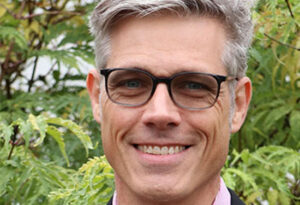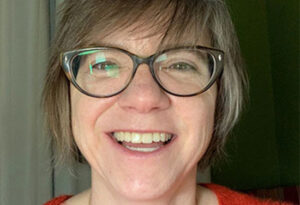
Dr. Timothy Kieffer, a JDRF-funded investigator and professor in the Department of Cellular and Physiological Sciences and the Department of Surgery at the University of British Columbia, has been awarded a new two-year grant to continue his research involving insulin-producing cells as a potential cure for type 1 diabetes (T1D). This award is building off the breakthrough improvements established by the Edmonton Protocol, which demonstrated a quick and effective procedure to transplant insulin-producing islets into a recipient, and reduce or eliminate the need for injections.
Over the past several years, there have been remarkable advances in unraveling the process by which beta cells develop. This has led to the replication of many steps in the laboratory using cultured stem cells culminating in insulin-producing cells. There is growing evidence from many different academic and industry groups around the world that pluripotent stem cells represent a promising source for the derivation of unlimited quantities of insulin-producing cells to treat diabetes. To date, Dr. Kieffer and his team have successfully cultivated islet cells that have been able to reverse diabetes when transplanted into mice. Current clinical trials have been testing these cultured stem cells using encapsulated devices that are implanted under the skin.
One of the greatest challenges researchers face in this field is the design of a device that permits a sufficient supply of oxygen and nutrients to promote cell survival and function. As a result, Dr. Kieffer is assessing the feasibility of treating diabetes when cells are implanted directly under the skin, muscle or into the liver without the use of a device, employing the same practice as that used in the Edmonton Protocol.
This project will involve two different animal models to identify a practical and clinically viable procedure that will treat diabetes with insulin-producing cells derived from stem cells, thereby laying the groundwork for a new clinical trial for patients with T1D.
The impact of Dr. Kieffer’s research on the T1D community will be profound. With the successful implantation of stem cell-derived insulin-producing cells into a person living with T1D, this potential therapy can possibly eliminate the need for insulin injections and constant monitoring of a patient’s condition.




